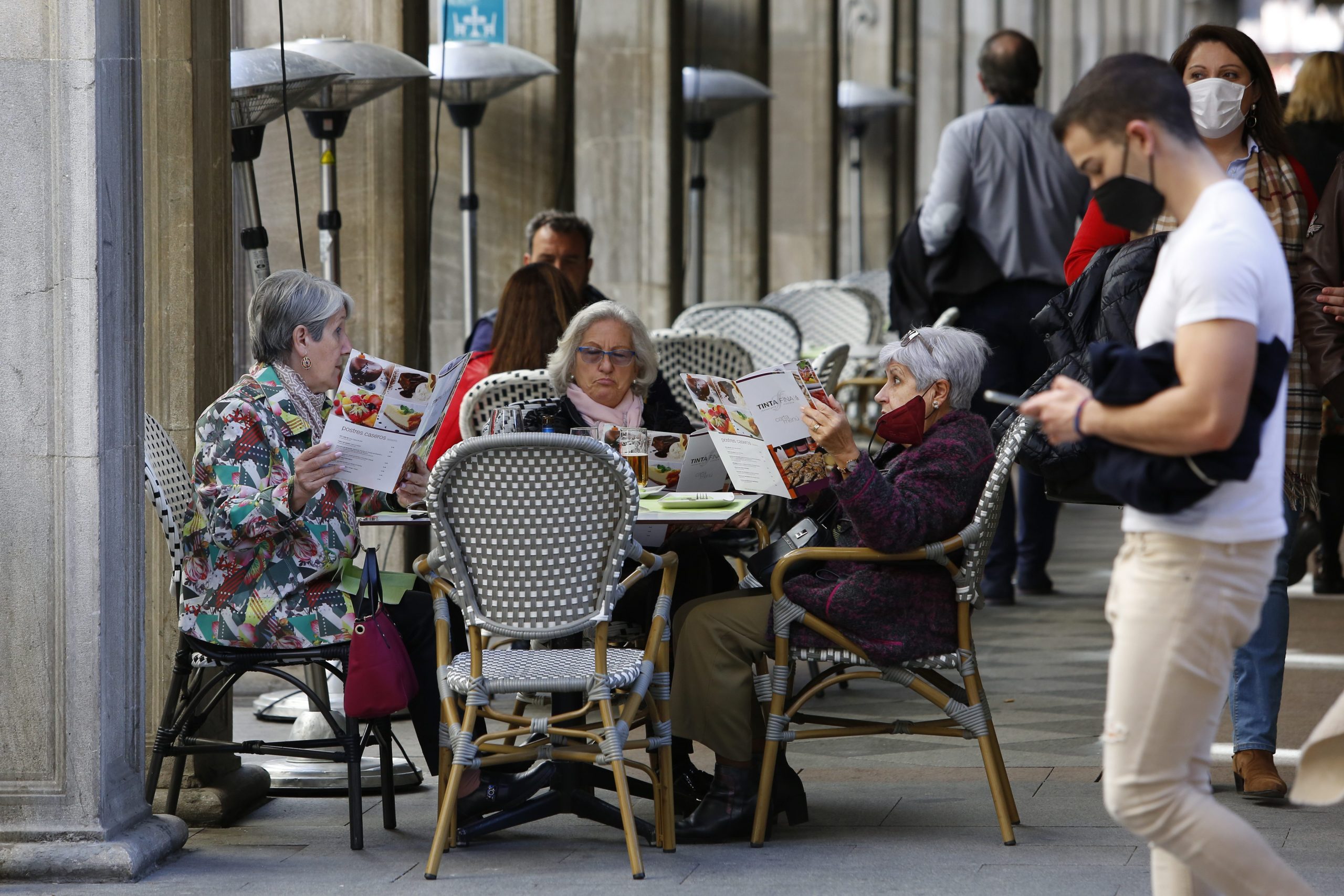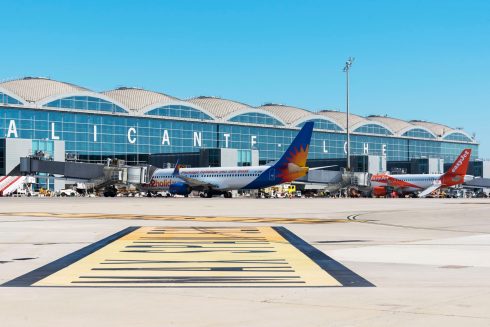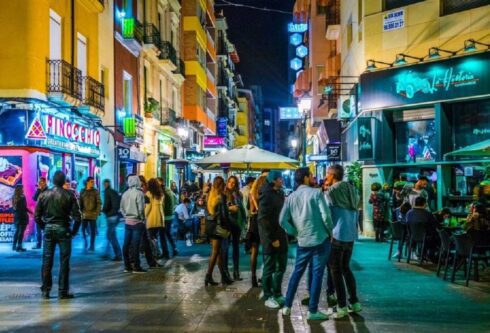TODAY finally sees the partial reopening of the Valencian Community after weeks enduring the toughest anti-COVID restrictions since March and April last year.
The focus initially will be on open-air spaces, where the risk of infection is much lower.
Restaurant and bar terraces can now open up to 75% of their total capacity, with a maximum of four customers per table and the obligation to wear a mask at all times except when actually eating or drinking.
All hospitality establishments must close their doors by 6 pm.
Opening hours for non-essential shops have been extended to 8 pm, with their total capacity increased to 50%.
Municipal weekend lockdowns in towns and cities of more than 50,000 inhabitants no longer apply although the Valencia region as a whole is still closed, with unjustified entrance or exit prohibited.

Meetings of up to four people of different households are now allowed outside, and public parks and gardens have been reopened.
Pre-existing limitations on indoor meetings remain unchanged, meaning only members of the same household can meet inside.
The nocturnal curfew of 10 pm to 6 am remains in place for now.
Despite the frustration and anger caused by the severe restrictions among large sectors of the population, the measures – combined with a strict adherence on behalf of the vast majority of people – have worked.
Numbers of new COVID cases dropped by 90% in February, with figures last week falling to levels not registered since October and taking even the experts by surprise.
As a result, the Generalitat has been able to keep its word and slightly relax the restrictions.
The next step in the gradual winding down of prohibitions will not be taken until the authorities make sure that today’s reopening does not have a negative impact on COVID figures.
Everyone, including the employers’ union, has called for Easter to be cancelled ready for a fuller reopening in the summer – the lifeblood of the tourism sector.
However, the Generalitat’s scientific advisors are warning of two potential threats that could jeopardise the de-escalation plans.
One is the increasing presence of the British strain of the disease, said to be much more infectious and predicted to gradually become the predominant type in the Valencian Community.
The second challenge is how to gradually reduce the restrictions without giving off the wrong message that everything is fine, which could prompt many people to drop their guard against the virus and lead to a dreaded ‘fourth wave’.








